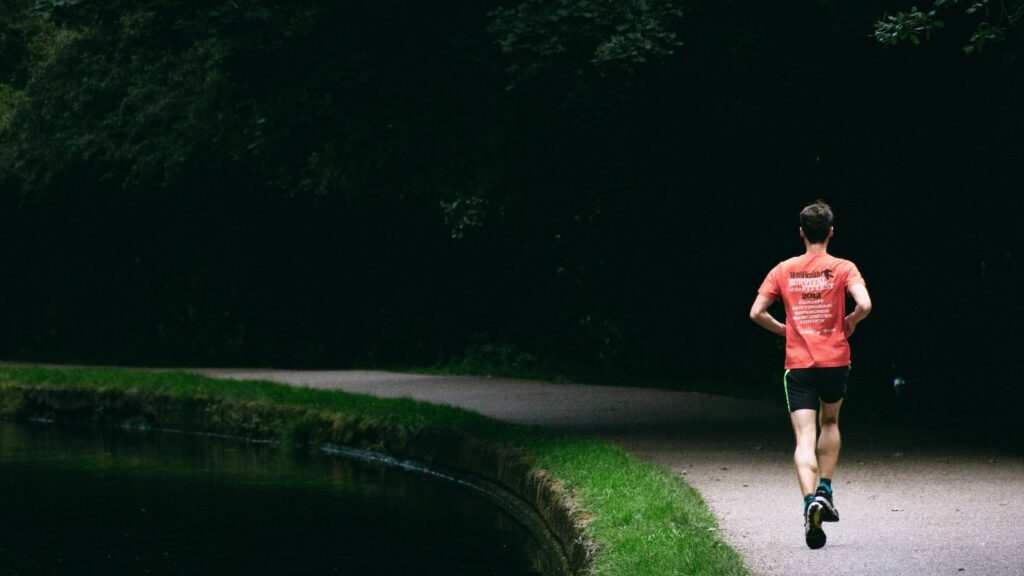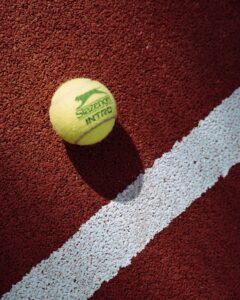How to Properly Rehabilitate a Knee Injury for Padel Players
3 min read
How to Properly Rehabilitate a Knee Injury for Padel Players
The Padel Player’s Guide to a Speedy Knee Injury Recovery
Hello, fellow padel enthusiasts! We understand how frustrating it can be to get sidelined by a knee injury. Whether it was a sharp twist, an awkward landing, or a collision on the court, knee injuries are unfortunately common among padel players. But fear not! With the right guidance and a little patience, you’ll be back on the court in no time. In this article, we’ll walk you through an effective knee injury recovery plan specifically tailored for padel players.
1. Resting It Out
When you first experience a knee injury, it’s crucial to listen to your body and give yourself time to heal. Rest is your best friend during this phase. Avoid putting unnecessary stress on the injured knee, and stick to low-impact activities that won’t worsen the condition. Take this opportunity to catch up on your favorite padel matches, study tactics, or even learn about the history of the sport. Remember, knowledge is power, and it can help keep your spirits high during your recovery.
2. Applying the RICE Technique
The RICE technique stands for Rest, Ice, Compression, and Elevation. This tried-and-true method has proven effective in reducing pain and swelling. Start by resting your injured knee. Apply ice packs wrapped in a thin towel to the affected area for 15-20 minutes, several times a day. Compression wraps or bandages can provide support and minimize swelling. Finally, elevate your leg whenever possible to reduce blood flow to the injured area. Following the RICE technique can help speed up your knee injury recovery process.
3. Seeking Professional Guidance
As much as we’d like to believe we can heal ourselves, sometimes we need a helping hand. It’s essential to consult a healthcare professional, preferably one experienced in sports injuries, to assess the severity of your knee injury. They can create a customized rehabilitation plan tailored to your specific needs. From targeted stretching exercises to strength-building routines, a professional can guide your recovery and prevent further pain or damage.
4. Engaging in Low-Impact Exercises
Once your healthcare professional gives you the green light, it’s time to start slowly reintroducing activities that promote healing and strength. Swimming, cycling, and using an elliptical machine are excellent options for low-impact cardiovascular workouts that won’t strain your knee. These exercises enhance blood circulation and help regain muscle tone without compromising your recovery. Always ensure you maintain proper form and listen to your body’s signals throughout each exercise.
5. Gradually Returning to Padel
You’ve made it! With time, patience, and dedication to your rehabilitation plan, you can finally think about returning to the padel court. However, it’s crucial not to rush things. Start by practicing your footwork and technique drills, focusing on low-intensity movements. Gradually increase the intensity and duration of your play sessions as your knee strengthens. Remember, slow and steady wins the race when it comes to recovering from a knee injury.
The Road to Recovery
Recovering from a knee injury can feel like an uphill battle, but with the right mindset and approach, you’ll come out stronger than ever. Remember to take good care of your knee, follow your rehabilitation plan diligently, and listen to your body. Avoid rushing the process and stay positive throughout your journey. Your love for padel will keep you motivated and eager to return to the game you adore so much. Wishing you a speedy and successful knee injury recovery, my fellow padel players!






